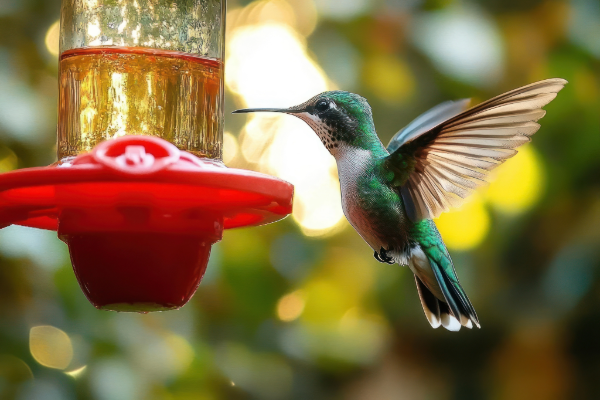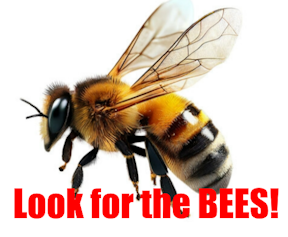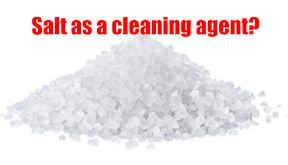HummerNectar’s Role in Ethical Bird Feeding and Backyard Biodiversity
HummerNectar plays a pivotal role in promoting ethical bird feeding practices and enhancing backyard biodiversity. As more people seek ways to connect with nature and support local wildlife, understanding the importance of high-quality hummingbird nectar and responsible feeding habits is essential. Ethically feeding birds doesn’t just involve offering food—it requires attention to the type of food, the feeder’s cleanliness, and the environment where feeding takes place. HummerNectar, with its specifically formulated offerings and focus on bird health, addresses these concerns while contributing to the broader ecosystem.
Why Ethical Bird Feeding Matters
Bird feeding is a popular hobby that provides enjoyment and opportunities for education. However, not all feeding practices benefit birds equally. Poor-quality food, dirty feeders, or inappropriate feeding locations can cause more harm than good. Ethical bird feeding prioritizes the wellbeing of birds by ensuring food sources are safe, nutritious, and environment-friendly.
Ethical feeding practices create a harmonious relationship where humans aid wildlife without disrupting natural behaviors or ecosystems. In this context, an appropriate hummingbird nectar product like HummerNectar serves as an excellent example of supporting birds responsibly.
What Makes HummerNectar Ethical?
HummerNectar is designed specifically with hummingbirds’ dietary needs in mind. Unlike some homemade recipes that use honey or artificial sweeteners, HummerNectar contains the right balance of sugar and essential minerals that mimic the natural nectar found in flowers. This careful balance helps maintain the hummingbirds’ energy levels and health.
One major advantage of HummerNectar is its purity and safety. It is free from harmful additives such as red dye, which can be toxic or irritating to hummingbirds. Instead, the nectar’s bright color is derived from natural ingredients, attracting birds without compromising their safety.
The product is also manufactured under stringent quality controls to prevent fermentation or bacterial growth, issues commonly associated with improperly stored or prepared homemade nectar. Such contamination can lead to diseases in hummingbirds, making HummerNectar a safer choice for those committed to ethical bird feeding.
Supporting Backyard Biodiversity with HummerNectar
When backyard bird enthusiasts use HummerNectar, they support the local ecosystem in several important ways. Feeding hummingbirds encourages these pollinators to visit a garden more frequently, which can help stimulate the pollination of native flowering plants.
Increased hummingbird activity often attracts other wildlife, such as butterflies, bees, and other bird species, further enriching the biodiversity of your backyard. This creates a thriving natural environment that supports various species, strengthening ecological networks.
Moreover, consistent use of high-quality nectar can aid hummingbirds in energy conservation—helping them maintain stamina for their long migratory journeys. This is especially critical in urban or suburban areas where natural nectar sources may be limited due to development.
Best Practices for Using HummerNectar in Your Backyard
To maximize the benefits of HummerNectar, it’s important to follow some best practices:
- Use Clean Feeders Regularly: Wash feeders thoroughly at least once a week with hot water and mild soap to prevent mold and harmful bacteria.
- Refresh Nectar Often: Replace the nectar every 3-5 days, or more frequently during hot weather, to avoid fermentation.
- Strategic Feeder Placement: Position feeders in shaded, visible areas that minimize exposure to predators and allow for easy bird monitoring.
- Avoid Overfeeding: Providing too much nectar can discourage natural foraging behaviors. Maintain moderate feeder levels that complement natural food sources.
- Encourage Native Plants: Supplement feeders with native flowering plants that offer natural nectar, nesting sites, and shelter for a well-rounded habitat.
The Broader Impact on Bird Conservation
The widespread use of ethical products like HummerNectar and adherence to responsible bird feeding protocols contribute significantly to bird conservation efforts. By providing safe and reliable resources, backyard enthusiasts help sustain hummingbird populations facing habitat loss and climate challenges.
Furthermore, ethical feeding can foster community engagement and awareness about the importance of supporting local wildlife. A backyard rich in biodiversity becomes a small but vital sanctuary, inspiring others to adopt similar practices.
Conclusion
HummerNectar’s role extends far beyond merely feeding hummingbirds—it is a cornerstone of ethical bird feeding and a catalyst for enhancing backyard biodiversity. By choosing a safe, scientifically formulated nectar and following ethical feeding practices, bird lovers can enjoy the beauty of these incredible pollinators while supporting their health and the wider ecosystem. In doing so, we create vibrant, sustainable habitats right outside our windows, contributing to the conservation of hummingbirds and other pollinators for generations to come.






